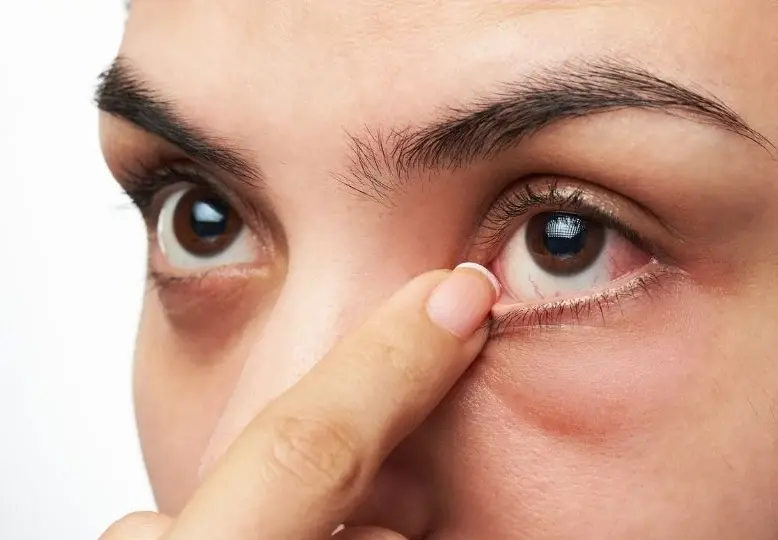Is It Just Allergies or Dry Eye? Understanding the Difference
- Tracy McCoy
- Aug 26, 2025
- 2 min read
In Florida, it can often feel like the allergy season never ends — especially in communities like Sebring, Lake Placid, and Avon Park. If your eyes are red, watery, itchy, or just plain uncomfortable, your first guess might be pollen or mold. But what if the issue isn’t allergies at all? One of the most common — and underdiagnosed — eye conditions is dry eye syndrome.

So how do you tell the difference between dry eyes and allergies?
The underlying causes, treatments and symptoms are very different. Dryness usually leads to burning, foreign body sensation, and watering, while ocular allergies are associated with itchy eyes.
Dry eye syndrome occurs when your eyes either don’t produce enough tears, or when the tears you do make lack the right balance of oil, water, and mucus to keep your eyes comfortable. That watery overflow some people experience? Ironically, that’s often your eyes’ way of overcompensating for dryness — the tears produced are mostly water and evaporate quickly, offering no lasting relief.
Allergic conjunctivitis, on the other hand, usually accompanies systemic symptoms like sneezing, nasal congestion, and itchiness that worsens with outdoor exposure. The itching tends to be more intense and comes with puffy eyelids or swelling around the eyes.
When you visit our office, we take a detailed history and perform a thorough ocular surface exam. We use special dyes and imaging tools to assess your tear film quality, check for inflammation, and evaluate your meibomian glands (the little oil-producing glands in your eyelids). This allows us to identify whether you're experiencing allergies, dry eye, or sometimes both — which is more common than you might think.
Treatment varies depending on the diagnosis. For dry eye, we may recommend lubricating drops, anti-inflammatory medications, warm compresses, eyelid hygiene routines, omega-3 supplements- or a combination of these therapies tailored to your specific needs. For allergies, targeted antihistamine or mast cell stabilizing eye drops are typically effective, along with lifestyle adjustments like reducing pollen exposure and using air filters.
Why is this so important? Because treating the wrong problem can make things worse. Using allergy drops when you have dry eyes might offer temporary relief, but it can also make the dryness worse in the long run.
If your eyes constantly feel uncomfortable — or if you’ve been using over-the-counter drops with little success — let’s figure it out together. Our practice serves patients across Wauchula, Sebring, and surrounding areas, and we’re here to get to the root of your eye irritation.




Comments